Researchers from the Frontiers organization have documented a chilling display of intelligence and adaptation among a pod of orcas in the Gulf of California, known as Moctezuma's pod. The group has developed a precise technique for hunting young great white sharks, flipping them upside down to paralyze and extract their nutrient-rich livers. This behavior, filmed and documented by marine biologists, reveals a level of intelligence and social learning that suggests cultural transmission of hunting tactics among orcas.
According to Dr. Maria Rodriguez, a marine biologist who led the research, "The orcas' ability to adapt to changing ocean conditions and exploit shifts in shark nursery zones is a testament to their intelligence and social complexity." Rodriguez's team observed that the orcas targeted young great whites in warmer waters, where the sharks were more vulnerable. "It's a remarkable example of how these animals can adjust their behavior to take advantage of new opportunities," she added.
The Gulf of California, where the study took place, has experienced significant changes in ocean temperatures in recent years, leading to shifts in the distribution of marine species. This has created new challenges for predators like great white sharks, which rely on specific habitats and prey populations to survive. The orcas' ability to exploit these changes may be a key factor in their success as apex predators.
Dr. John Taylor, a shark expert at the University of California, Santa Barbara, noted that the orcas' behavior is not unique to this region. "We've seen similar tactics used by orcas in other parts of the world, where they target specific prey species or exploit changes in their behavior," he said. However, the precision and consistency of the Moctezuma's pod's technique are notable, suggesting a high level of social learning and cultural transmission.
The study's findings have significant implications for our understanding of orca behavior and ecology. As Dr. Rodriguez noted, "This research highlights the importance of studying orca behavior in different contexts and environments, to gain a deeper understanding of their social complexity and adaptability." The study's results will be published in an upcoming issue of the Frontiers journal.
The Moctezuma's pod's hunting technique has been documented through a series of observations and camera trap footage, which will be shared with the scientific community and the public. The research team is currently analyzing the data to better understand the orcas' behavior and the ecological context in which it occurs. As the study's findings continue to emerge, they will provide valuable insights into the complex relationships between orcas, sharks, and their environment.
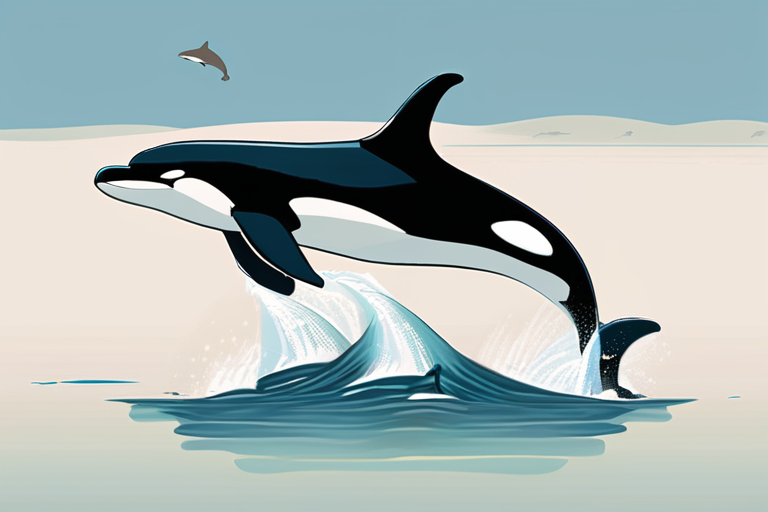


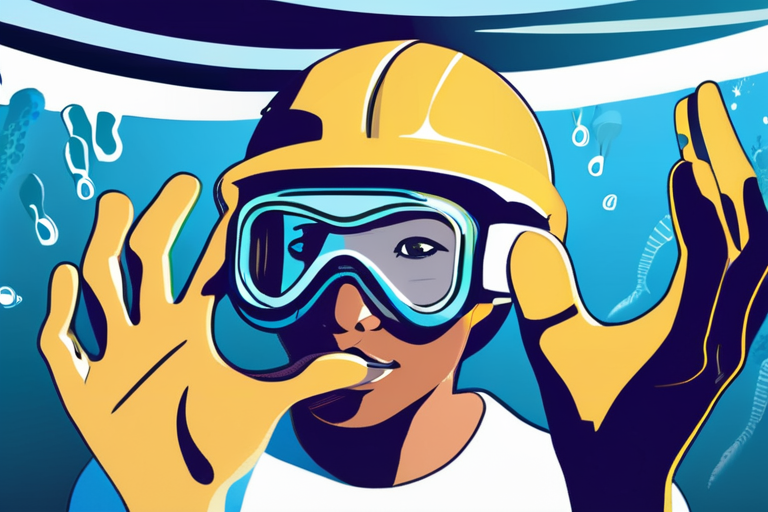
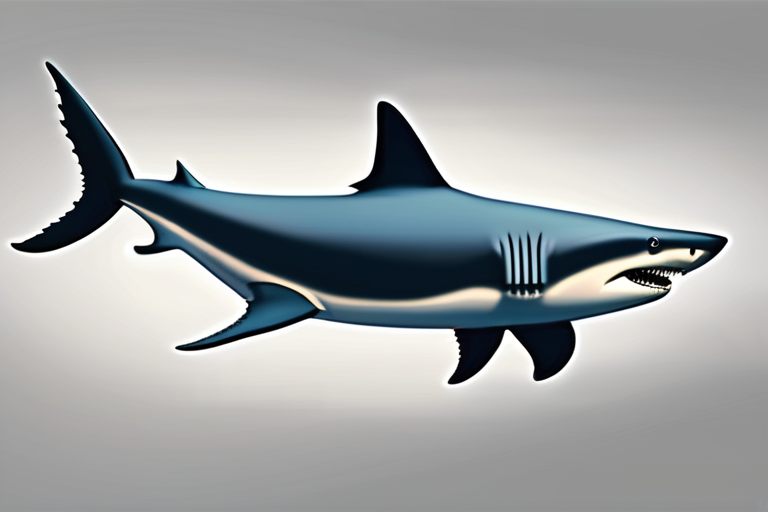

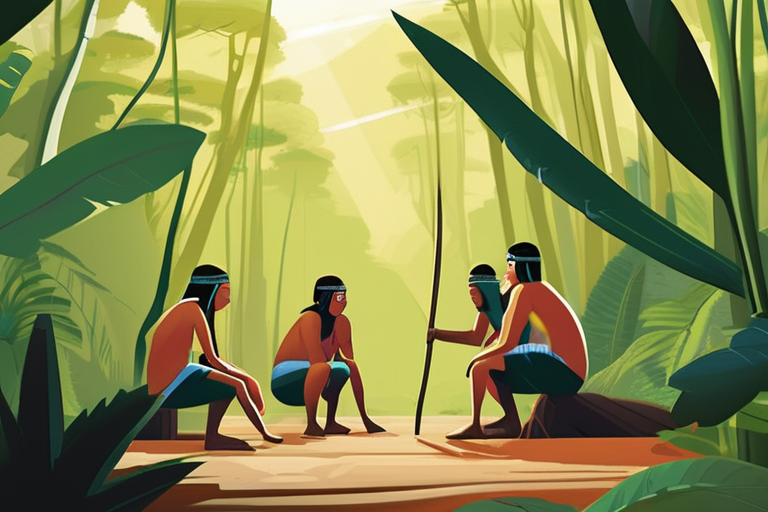
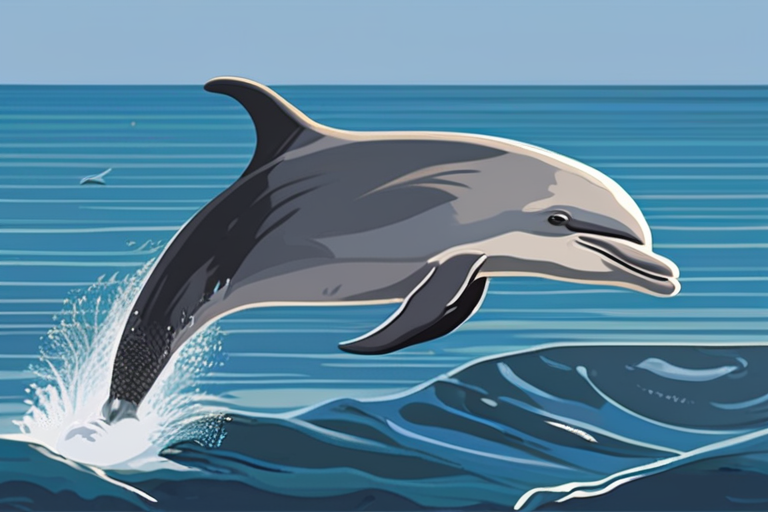

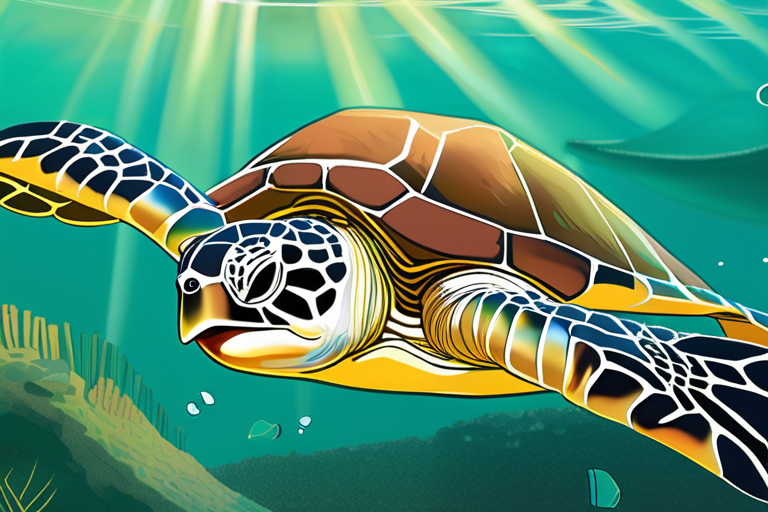
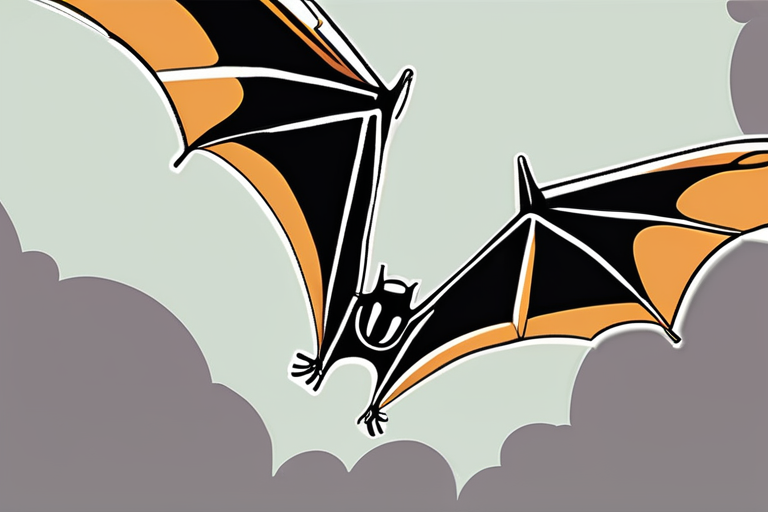

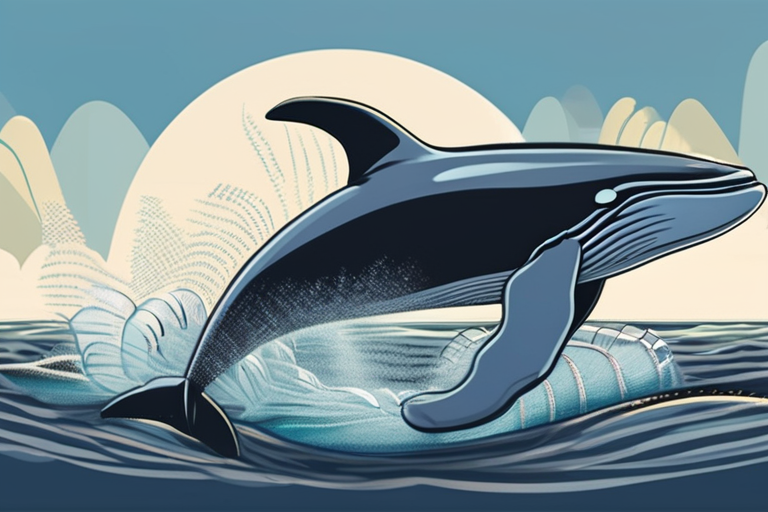
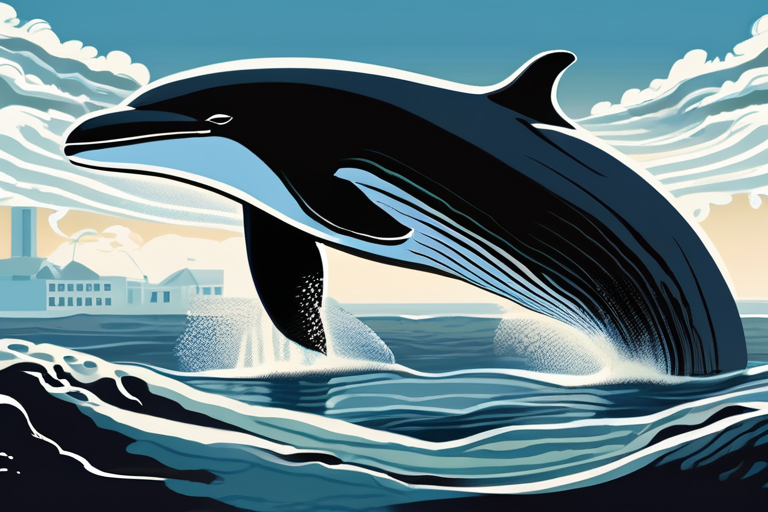
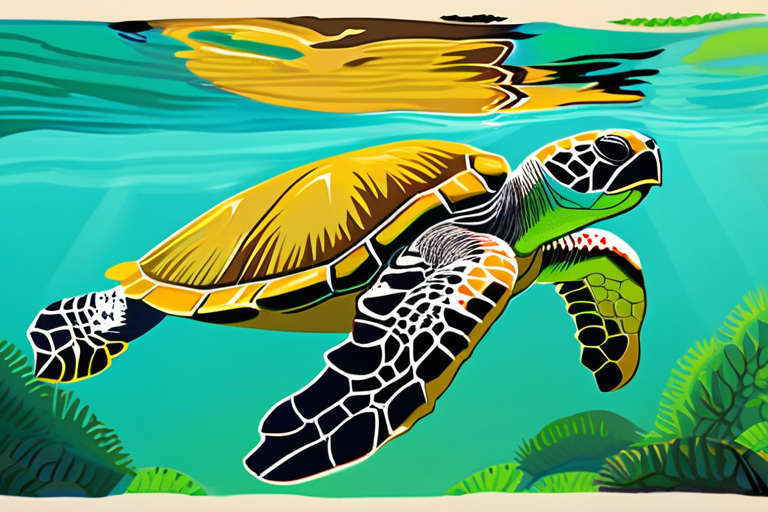

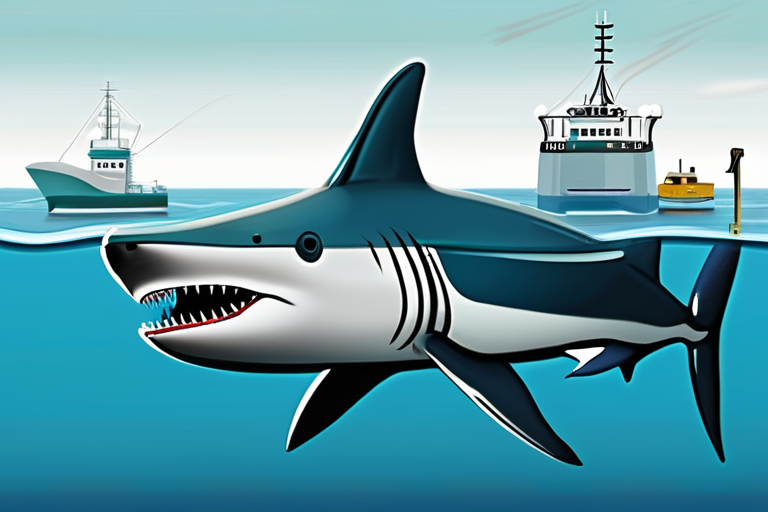
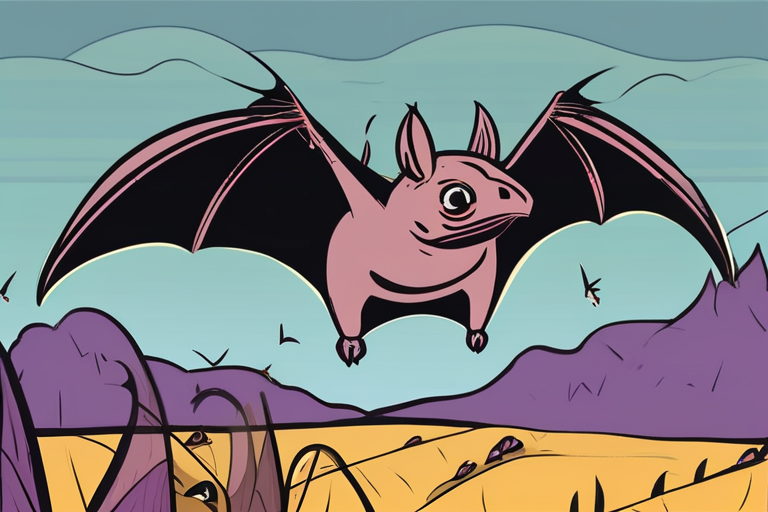

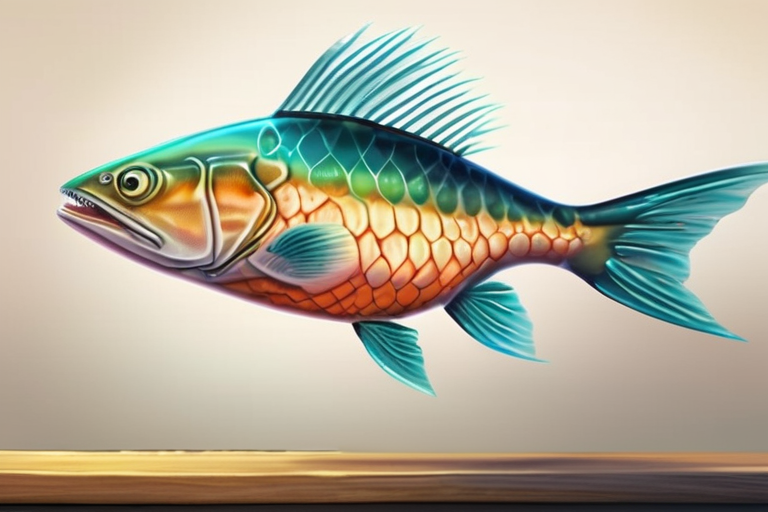
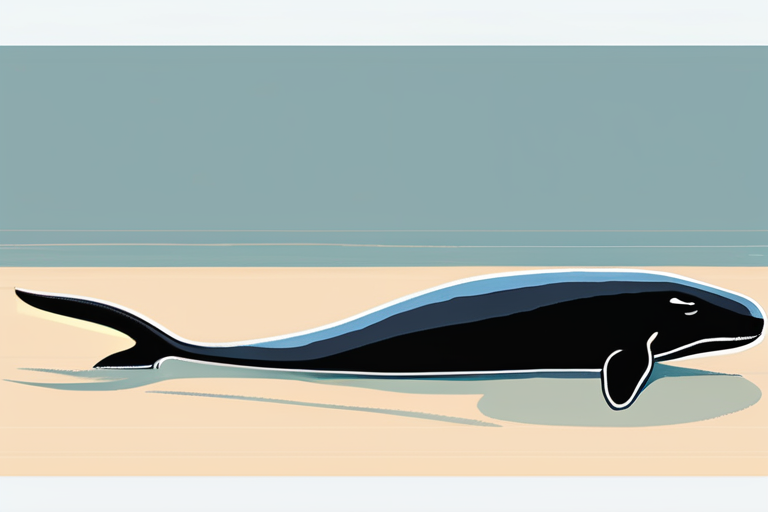


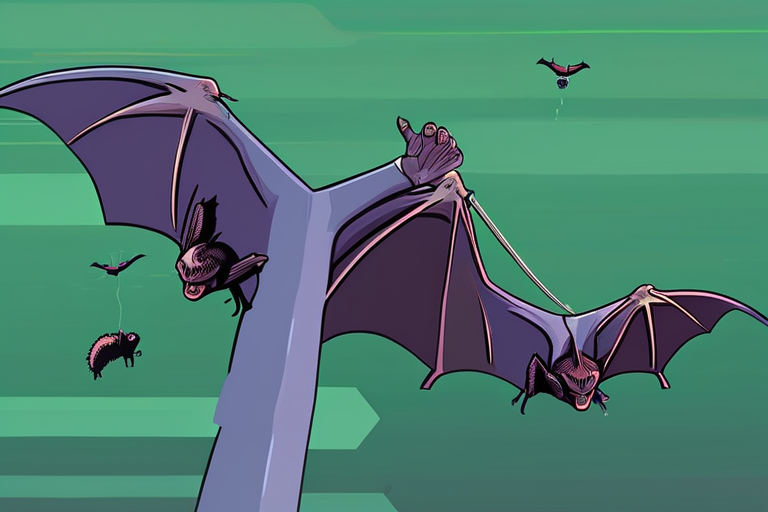

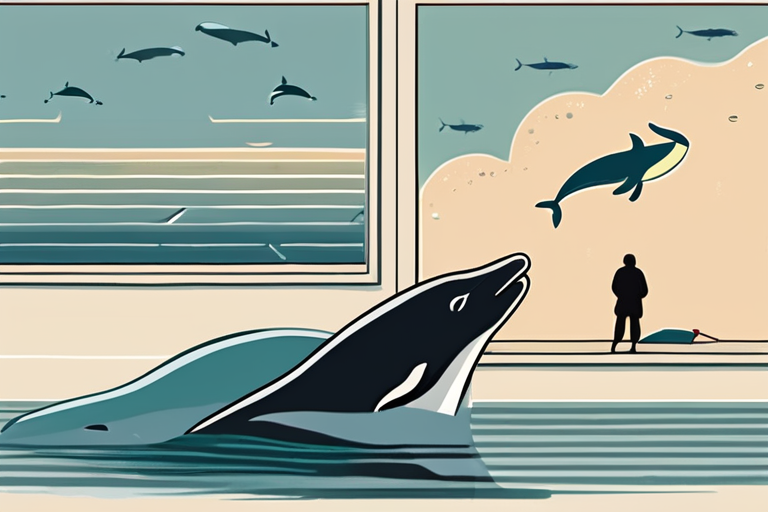
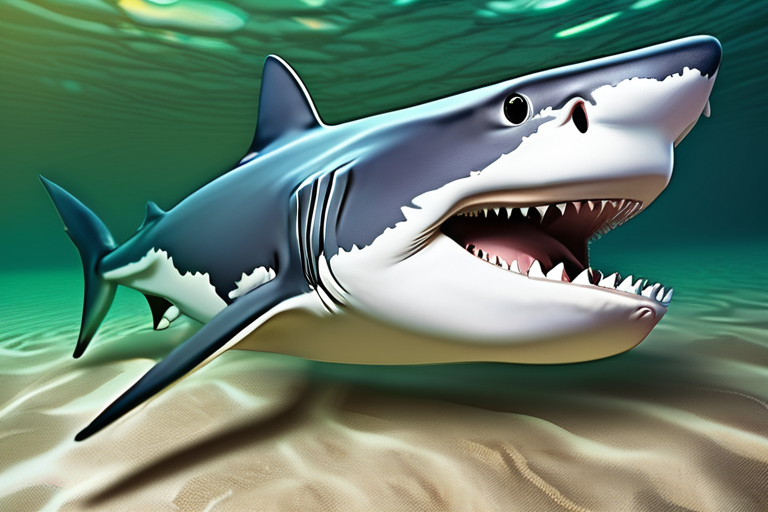
Share & Engage Share
Share this article